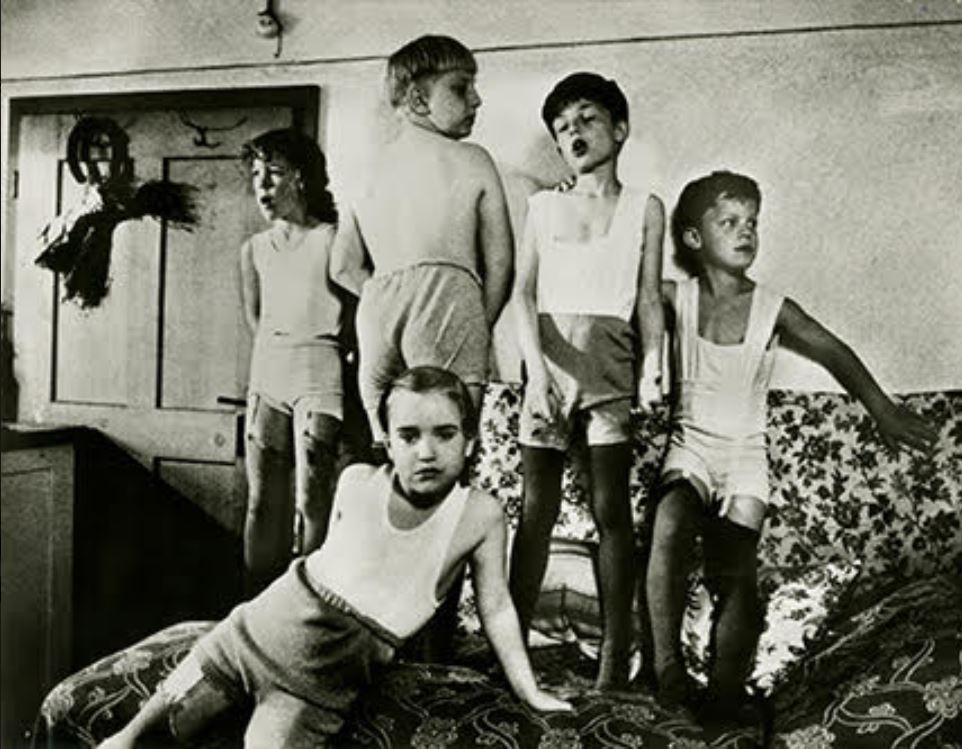Fellini would have liked the German directors proposed for the "Retrospettiva" Berlinale 69
The Retrospective of the 69th Berlin International Film Festival takes as its subject women filmmakers between 1968 and 1999. The programme encompasses 26 narrative and documentary features from the former East and West Germany, as well as German films after re-unification in 1990.
What the directors and their protagonists have in common is the interest to explore their environment and the search for their own cinematographic language. Certainly they would have received the applause of Federico Fellini that of "la Strada".
In West Germany, this development was embedded in the 1968 student movement, and closely linked to the new women’s movement and the New German Cinema wave. In East Germany, by contrast, all films were made within the state-controlled studio system. That studio, DEFA, gave a few women a chance to direct as early as the 1950s, however they were mainly assigned to children’s films. Towards the end of the 1960s, everyday life in the socialist country became the focus of East Germany’s women directors.

The upcoming Retrospective curated by the Deutsche Kinemathek ranges from May Spils’ first big theatrical hit Zur Sache, Schätzchen (Go for It, Baby, FRG, 1968) to the documentary Mit Haut und Haar (With Skin and Hair, GER, 1999), in which Martina Döcker and Crescentia Dünßer trace the memories of six women born before or during the Weimar era. Most of the films can be categorised as auteur works; the directors often fulfilled several functions on the productions. The films selected reflect on how women deal with their bodies, space and relationships, everyday life and work. The genre covers a variety of filmmaking types – from animated, essayistic, and experimental work, to traditional narratives and documentaries.
Enjoy the movies.





